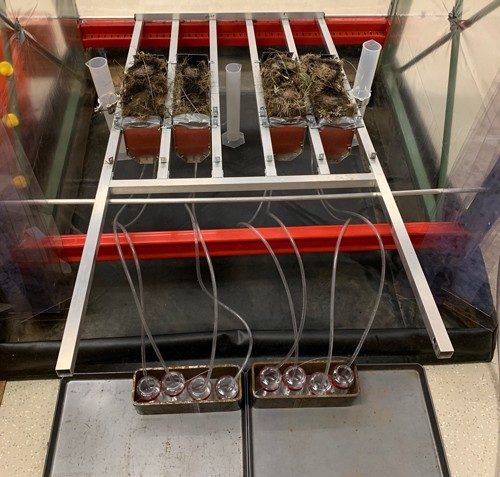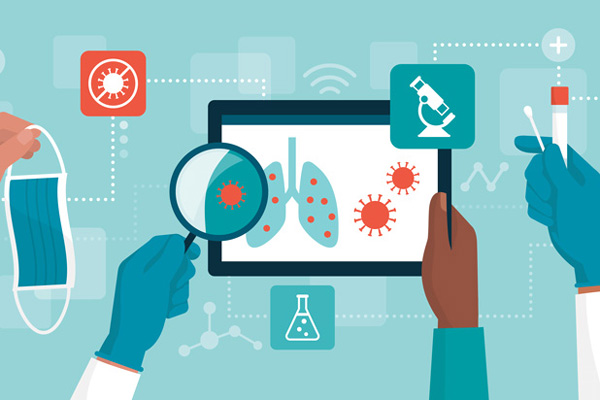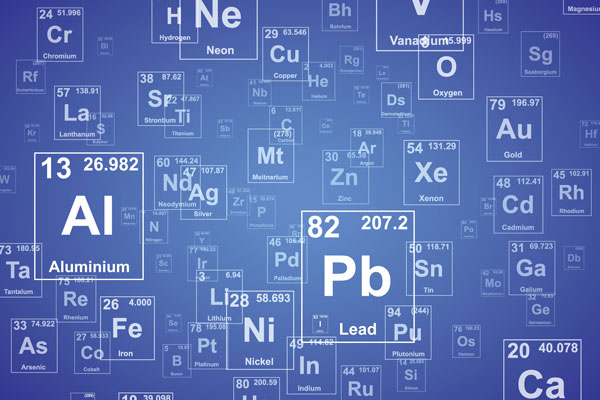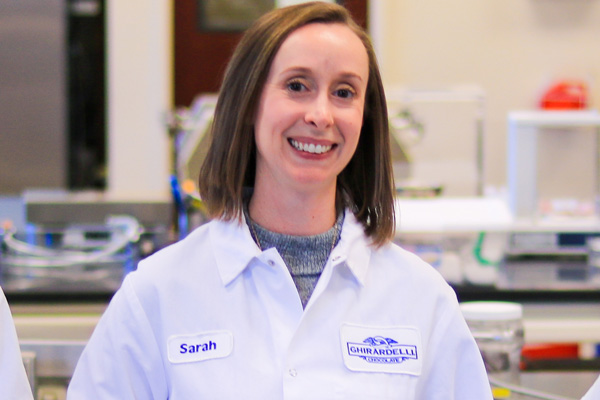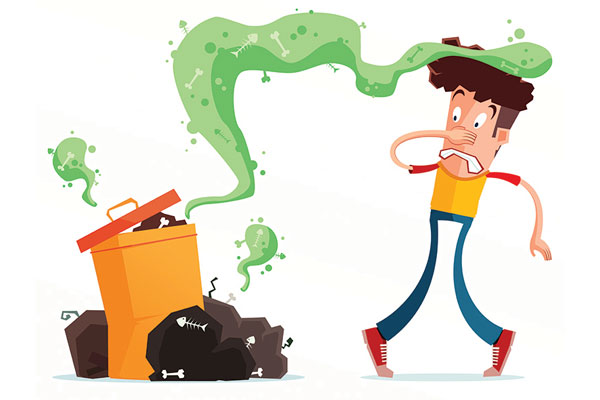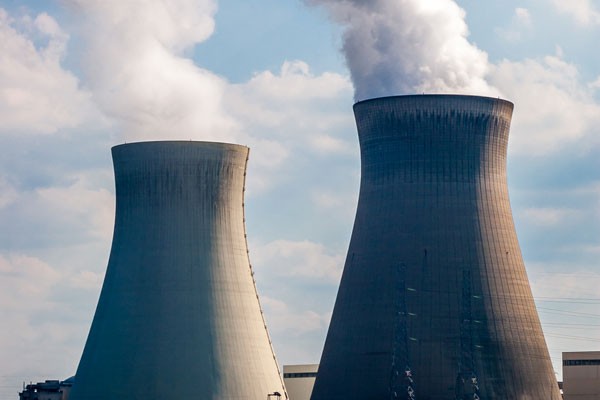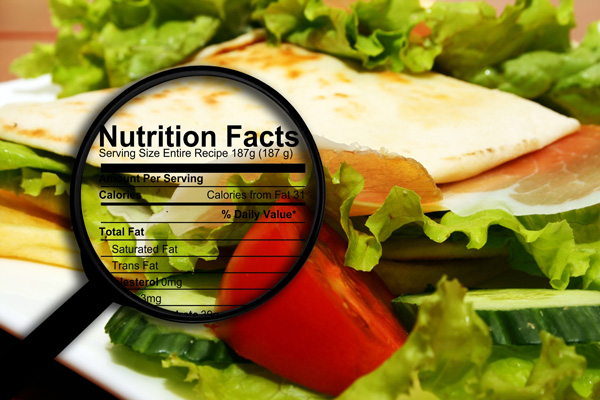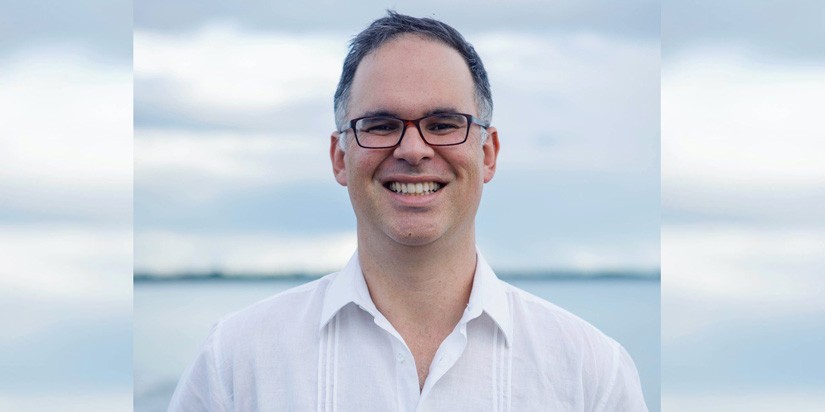
Fernando Rosario-Ortiz
B.S.: Chemistry, University of Puerto Rico
M.S.: Chemistry, California Institute of Technology
D.Env.: Environmental Science and Engineering, University of California, Los Angeles
WHAT HE DOES NOW: Environmental Chemist, University of Colorado, Boulder
Downloads: Download Article (PDF)
In 2012, Fernando Rosario-Ortiz, an environmental chemist at the University of Colorado, Boulder, was studying the stream water running through nearby forests. He was investigating how climate change might have affected the water’s levels of dissolved organic matter. Then, the High Park Fire struck, burning more than 85,000 acres of forest—an area slightly smaller than Atlanta, Georgia.
The fire scorched the land right up to the spot where Fort Collins draws water from the Cache La Poudre river.
Healthy forests help collect and purify water. Even if you don’t live near a forest, your water probably passed through one. Two-thirds of municipalities in the United States depend on drinking water that come from forested watersheds. Today, wildfires have become one of the most pressing yet unpredictable problem for utilities in fire-prone regions worldwide.
“If you built your facility 15 to 20 years ago or even earlier than that, you may not have planned for a wildfire,” Rosario-Ortiz says.
Now, Rosario-Ortiz studies how water and soil chemistries change after a wildfire, and advises local drinking-water providers in Colorado and elsewhere on how to prepare for water from burned watersheds. With wildfires becoming stronger and lasting longer, drinking-water utilities around the world are turning to environmental chemists like Rosario-Ortiz for help with fireproofing water supplies.—XiaoZhi Lim
How did you become interested in chemistry?
I became interested in chemistry when I was an undergrad student. I was fortunate enough to have two excellent professors for general chemistry and organic chemistry at the University of Puerto Rico. I became fascinated with chemical mechanisms. In grad school, I became interested in environmental chemistry and the role chemistry plays in solving environmental problems.
How do wildfires change drinking water?
You can have more sediments, more organic compounds in the water. You may not be able to remove everything. If you have higher levels of dissolved organic matter, you can form more disinfection byproducts. You still have to treat the water to the same standards, but with more contaminants, more particles in it, it becomes more difficult to do so.
What methods do you use to study the impact of wildfires on drinking water?
We collect samples of soil from the watershed, and then we combust them to simulate what would happen during a wildfire. We put those samples in a rainfall simulator to simulate different rainfall intensities. Then we look at the amount of sediments in the runoff, how much water gets infiltrated through the soil and the quality of the infiltration. Then we figure out why we observe the changes in water quality.
What we’re hoping to do is scale our work to a watershed size. If we can provide this to drinking water utilities, they might be able to predict how badly a wildfire will affect water quality.
What do you like most about your job?
I like interacting with students. I like that I’m in an environmental engineering program, so I get to do the chemistry side and the engineering side, which is the application of chemistry in solving real-world problems. There’s always the fundamental side of the research, which is really fun, but we also want to translate whatever we find to the real world.
Do you have any advice for high school students?
Follow your passion, take the undergraduate years to learn what applications of chemistry you’re more interested in, and try to get as much experience as you can through undergrad research programs and by talking to people in the field. Remember, we were all at some point exactly where you are now. You can do it!
